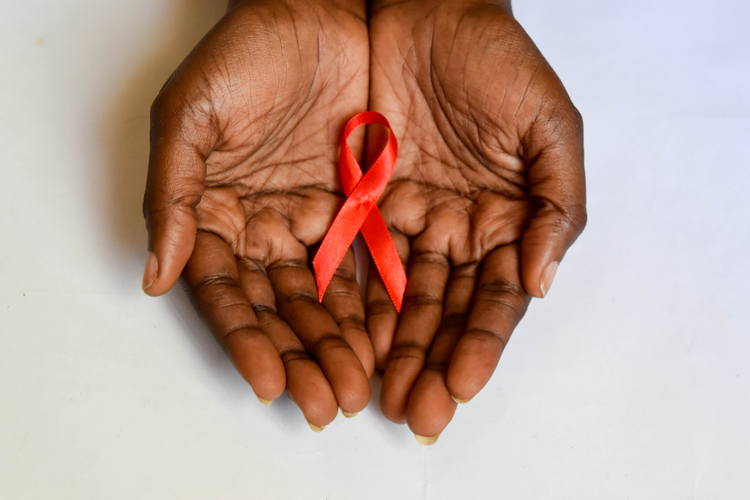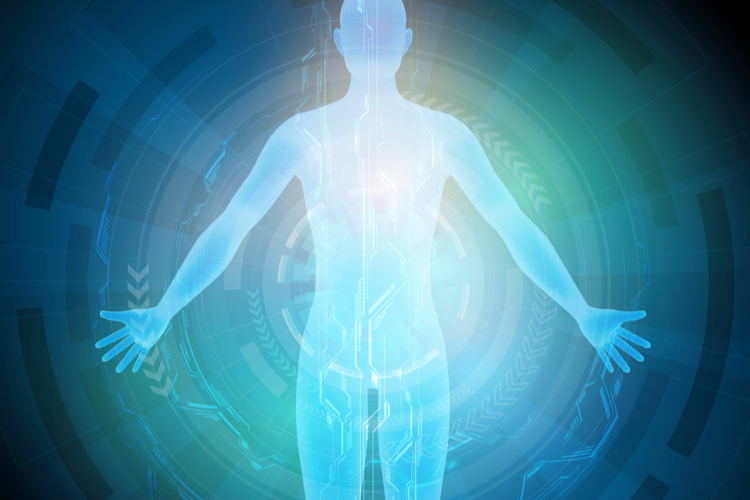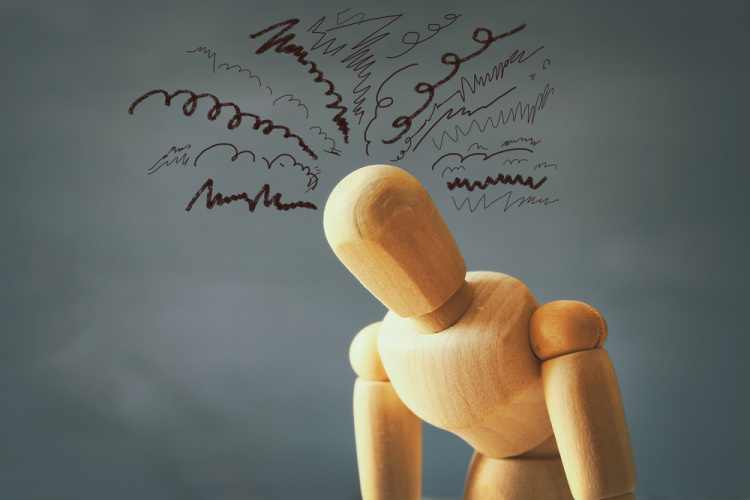The HIV/AIDS crisis may have faded from the headlines, but over 1 million Americans still live with this diagnosis. December is AIDS Awareness Month, and we want to let you know about an unusual source of hope in the management of some of the disease’s symptoms: Cannabis.

At first glance, the intersection of cannabis and HIV may be a surprising one. When HIV/AIDS first emerged as a healthcare crisis, its association with homosexuality lent it a dark stigma, and many of those who suffered from it were reluctant to seek medical attention.
Similarly, until recently, cannabis was often dismissed in our culture as a drug with no medical value, even though it’s been recognized as an effective plant medicine for over 4,000 years.
Fortunately, times have changed. An HIV/AIDS diagnosis is no longer a death sentence, although managing the condition typically requires a costly drug regimen. And increasingly, cannabis is supporting the use of costly and unsustainable pharmaceuticals.
If you or someone you love lives with this serious disease, you’ll want to read our suggestions on the ways using cannabis for the management of HIV/AIDS symptoms might make sense.
Cannabis and HIV: Keeping the Body Healthy and Fed
One of the major challenges in caring for those living with HIV/AIDS revolves around nutrition and whole-body health. Because of associated conditions like HIV wasting syndrome—a generalized weakening of muscle tissue and loss in muscle mass also known as cachexia—and the often debilitating side effects of drugs such as antiretrovirals—which include nausea and loss of appetite—keeping up strength and weight becomes a critical challenge in HIV/AIDS care.

Cannabis may help. Because of its famed ability to stimulate the appetite—yes, the “munchies” are real—it helps those suffering from a loss of appetite to keep vital bodyweight on. Research also suggests that cannabis works as an anti-nausea medication.
In addition, cannabis helps those living with HIV/AIDS to manage the pain associated with the disease and its many associated infections. In fact, pain management is the #1 reason Americans turn to medical cannabis. Its ability to treat several types of pain—including nociceptive, neuralgic, and central—is by now well-established. And even when patients’ pain isn’t debilitating, the experience of chronic pain can have a powerful effect on one’s mental state. That’s a great lead-in to the next area in which cannabis can play a role in alleviating the worst symptoms of HIV/AIDS.
Cannabis and HIV: Relieving the Mind with Proven Anxiolytic Properties
As doctors have recognized for many years, a patient’s state of mind plays a vital role in their overall health.

Although not all patients react to cannabis in the same way, the plant is generally recognized as a potential anxiolytic, or a medicine that reduces anxiety. And because HIV/AIDS involves so many threats to one’s health—from the wasting syndrome referenced above to Kaposi’s sarcoma (a rare skin cancer), to AIDS dementia—it’s not uncommon that anxiety and depression arise in patients who had no previous experience with these potentially serious emotional and psychological disorders.
A Measured Approach for Optimal Effects
There are many types of cannabis medicine available, ranging from oral sprays to soft gels to vape pens and topical balms. Whichever one you decide to try, we recommend you take a careful and methodical approach in order to get the very most out of your medication.
That’s why we’re proud to offer Vireo Health’s Spectrum™ line of cannabis medicines. Packaged in five easy-to-understand color-coded formulations, each one offers a different ratio of the cannabinoids THC to CBD, depending upon your symptoms and needs. They’re potent, predictable, and designed especially with consistent dosing in mind.
